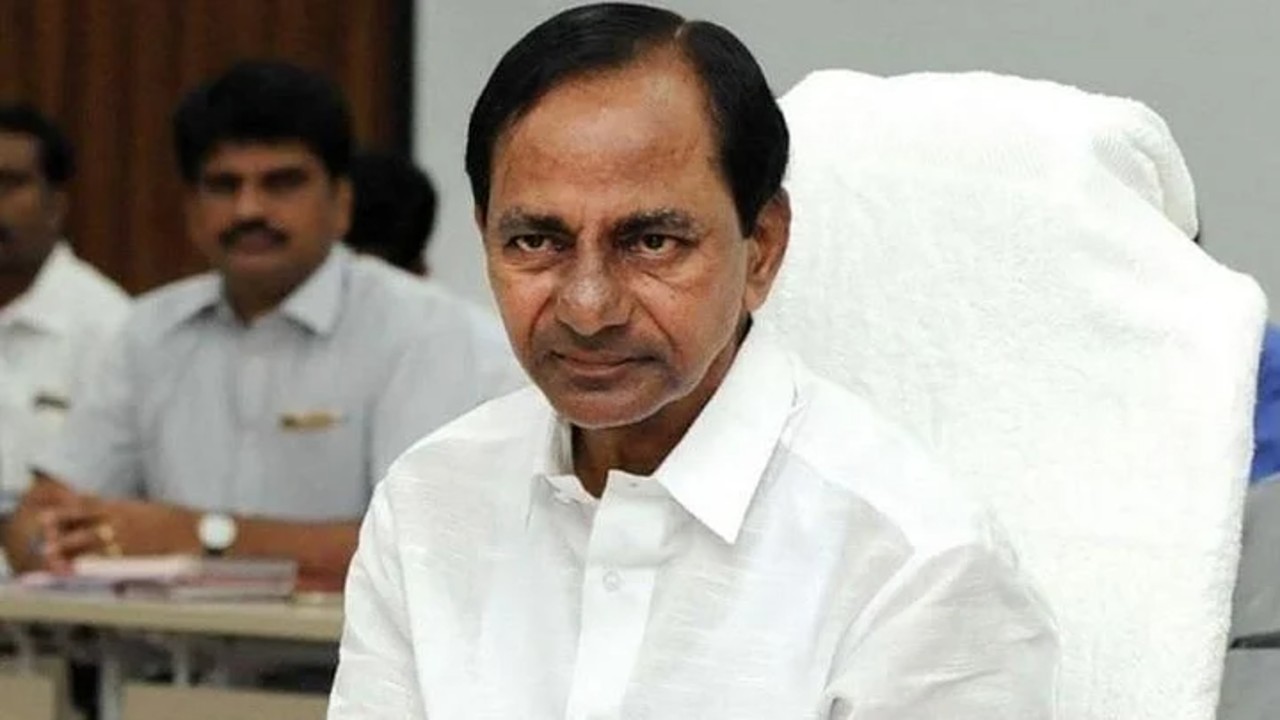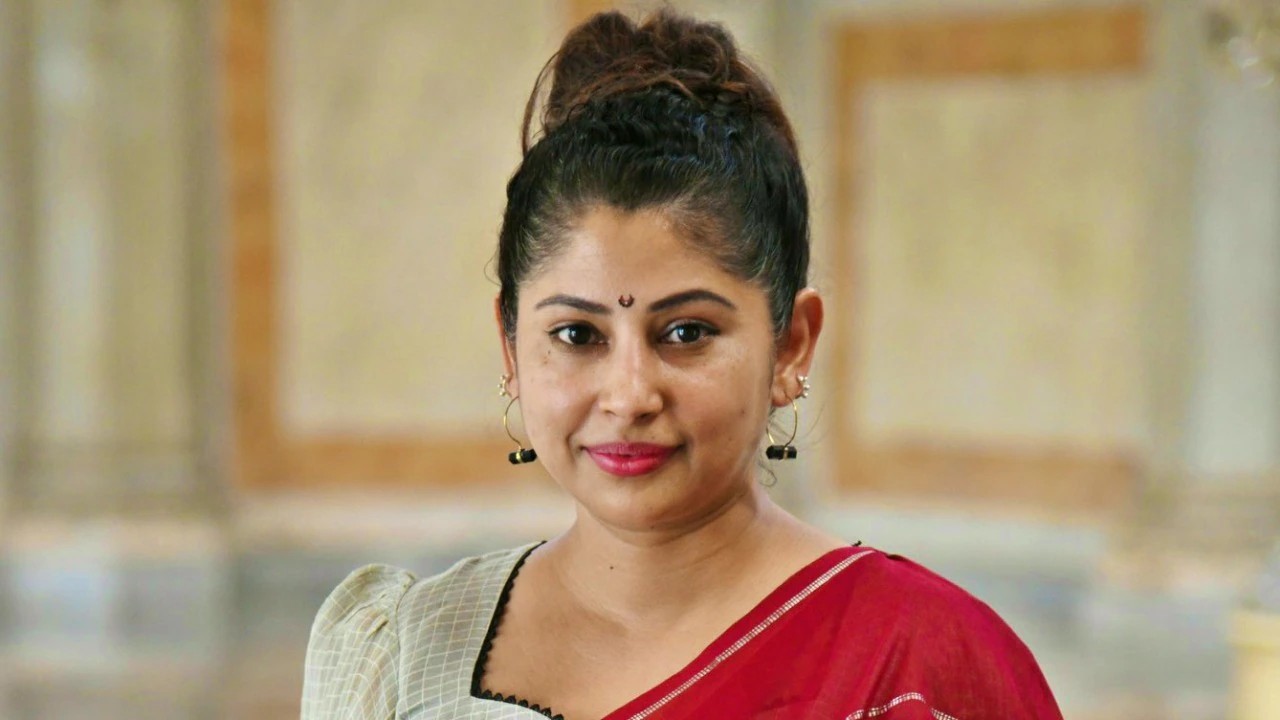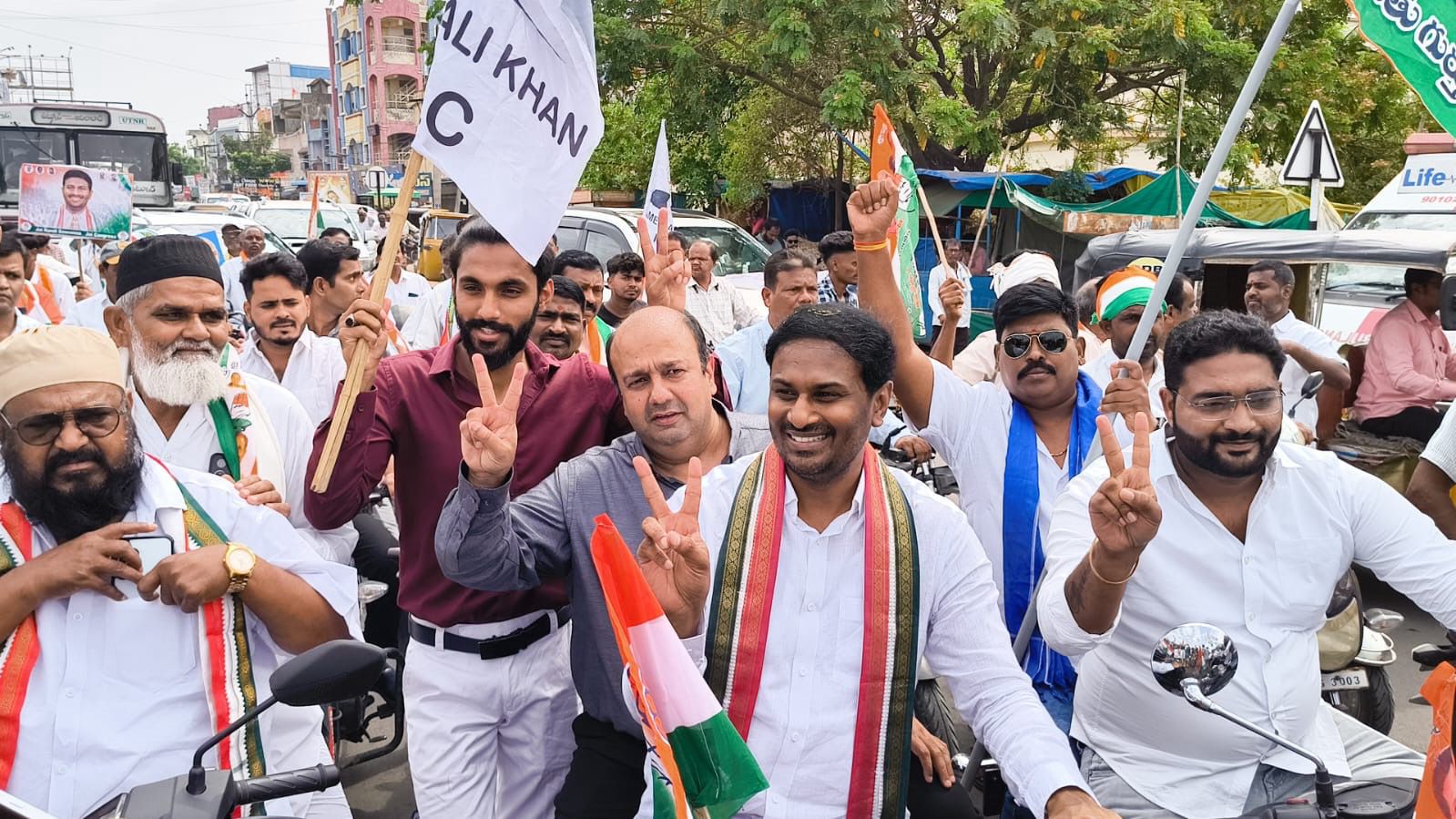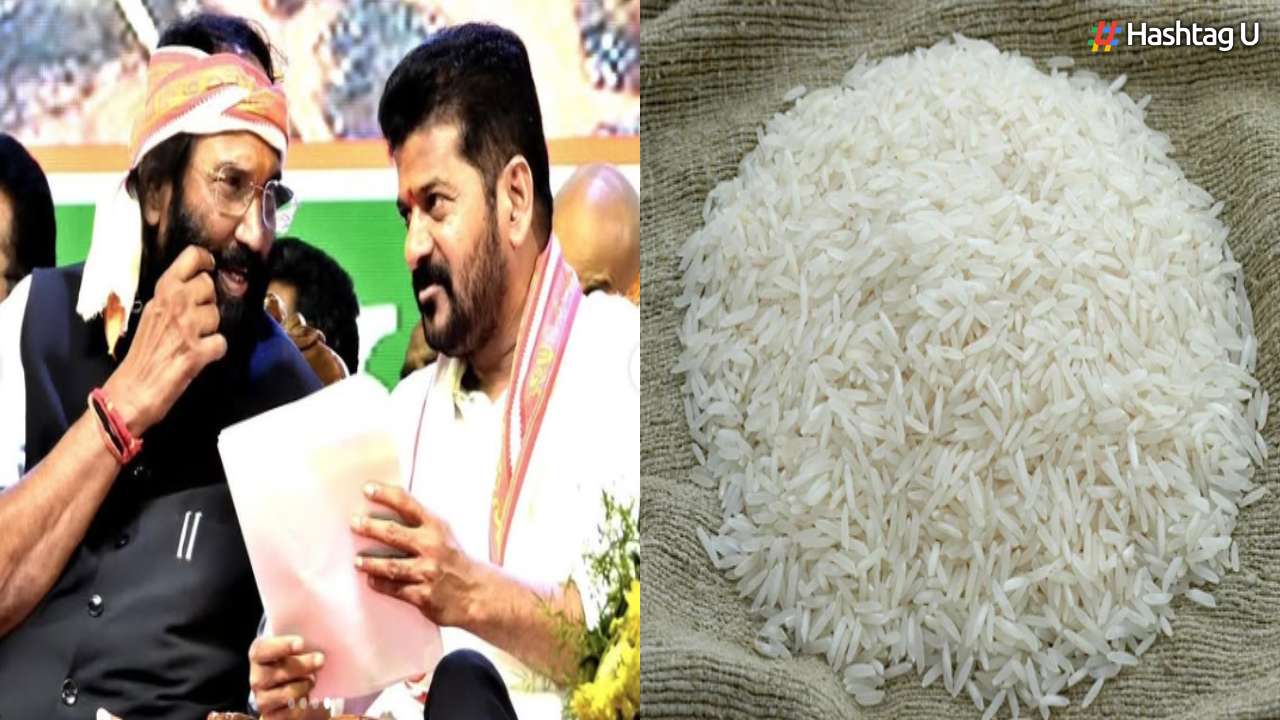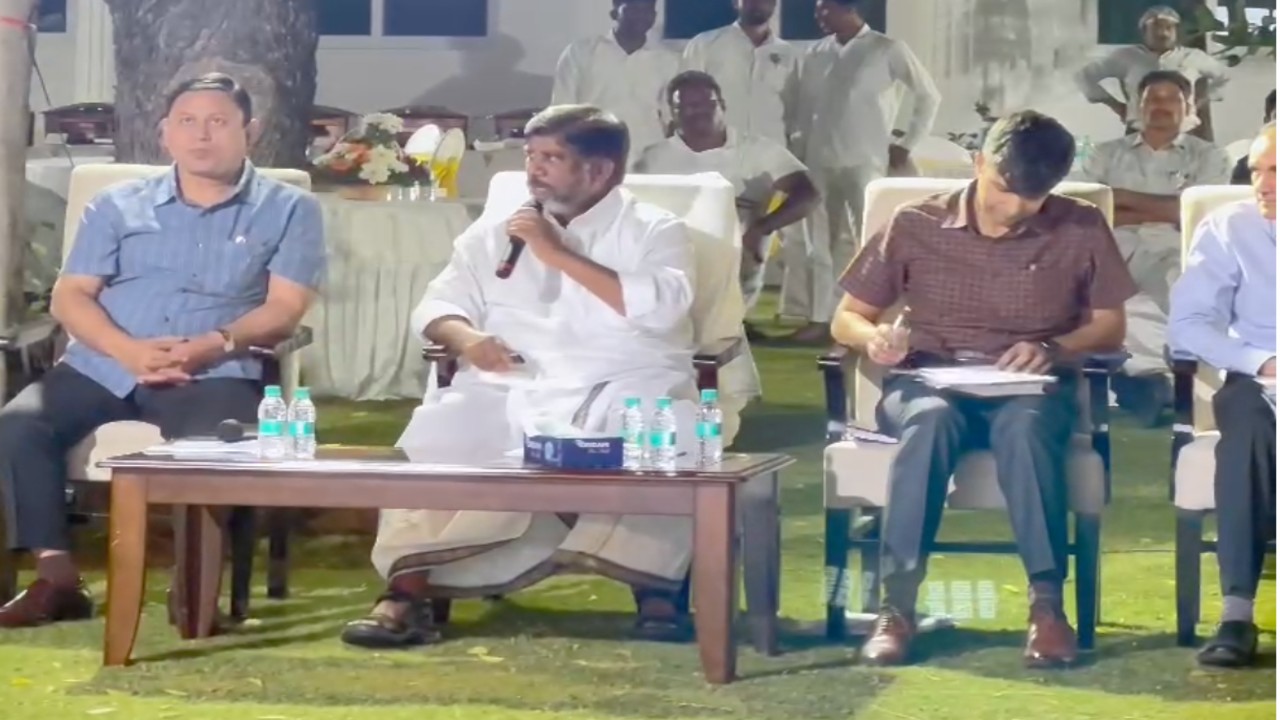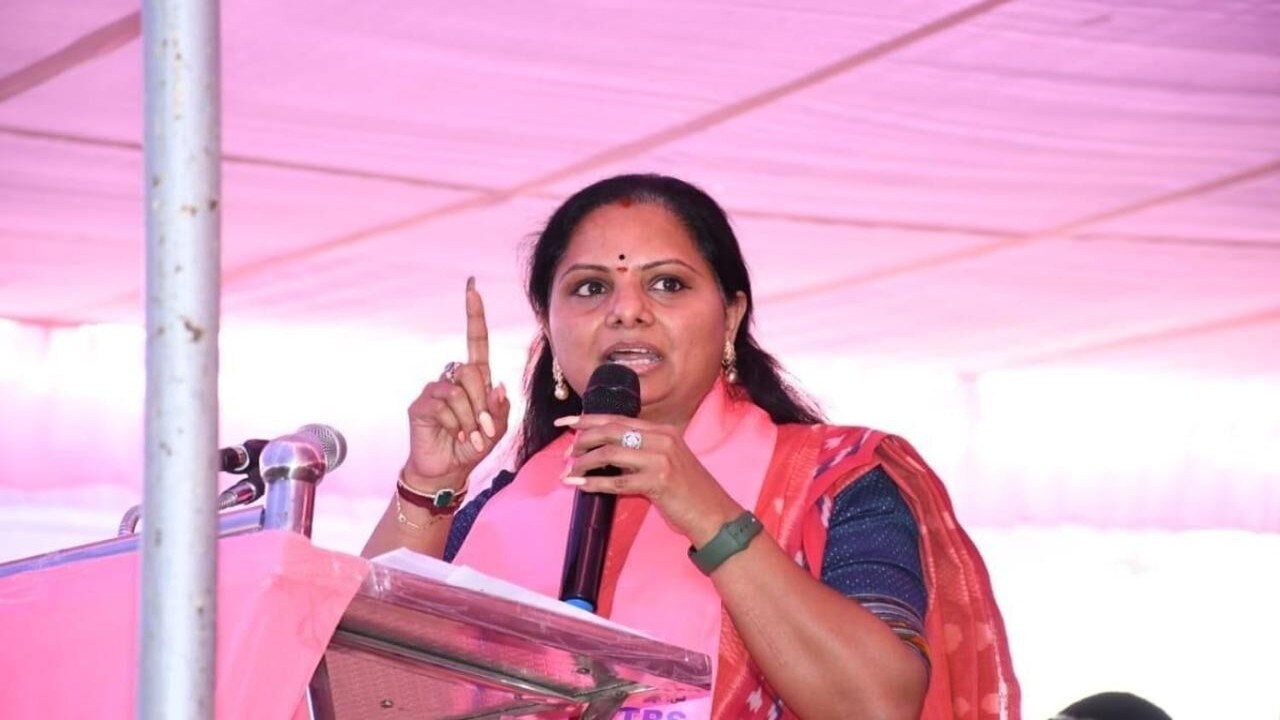Caste Census Announcement by the Central Government is a Victory for the People and Government of Telangana
The Central Government’s announcement to conduct a caste census is the result of pressure exerted by the Telangana people’s government
Kode Mohan Sai | Published On: May, 3, 2025 | 01:40 PM

The Central Government’s announcement to conduct a caste census is the result of pressure exerted by the Telangana people’s government and the All India Congress, stated Telangana Deputy Chief Minister Bhatti Vikramarka.
The Telangana people’s government has scientifically conducted a caste census, making the state a role model for the entire country. After India gained independence, it was only in Telangana that such a comprehensive caste census was carried out successfully without any objections. The state government has committed to incorporating the findings of this caste survey into its policy-making decisions.
The outcomes of the caste census should be taken to the public, and the Backward Classes (BCs) should stand in support of the government. In Khammam, the BC Employees’ Association and leaders of various BC caste organizations honored Deputy Chief Minister Bhatti Vikramarka with grand shawls and extended their congratulations.
During the felicitation event held on Saturday at the Praja Bhavan Camp Office in Khammam, Deputy CM Bhatti Vikramarka stated that the Central Government’s declaration to conduct a caste census across the country is a victory for Telangana’s people and their government.
He expressed gratitude to the Telangana government for leading the way in pushing the Centre to take this decision. Acting under the directives of AICC President Mallikarjun Kharge, Lok Sabha Opposition Leader Rahul Gandhi, and Congress leader Sonia Gandhi, the Telangana government carried out the caste census meticulously, without any errors. A resolution was passed in the State Assembly granting 42% reservations to BCs and was submitted to the Centre with significant pressure.
He also mentioned that a resolution was passed during the Congress Working Committee (CWC) meeting in Gujarat, demanding a nationwide caste census, similar to the one conducted in Telangana. This was followed by raising the issue in Parliament, which ultimately compelled the Centre to agree to a national caste census.
Bhatti Vikramarka highlighted that no caste census had been conducted in India since 1930, and Telangana’s initiative is the first successful effort post-independence. He acknowledged that conducting such a survey was a complex task, but Chief Minister Revanth Reddy, himself (as Deputy CM), and the entire cabinet undertook this challenge and completed the process within 50–55 days.
He clarified that the caste census did not merely collect information about castes but also gathered data on people’s economic, political, and employment conditions, the distribution of natural resources among communities, and their standard of living. This data will inform the government’s future welfare and development policies.
The Planning Department, under his ministerial leadership, conducted the caste census with precision and without errors. The survey was executed by forming a block of 150 houses, appointing enumerators, assigning one supervisor for every ten blocks, and deploying coordinators at mandal and district levels. The process was closely monitored by district collectors and the state-level leadership, ensuring a smooth and objection-free survey. The final results were presented in the Assembly, where a bill was passed.
He revealed that BCs constitute 56% of the population in the state, leading to the passing of a bill to provide 42% reservations in local bodies and government jobs. Additionally, the state passed a resolution to extend the caste census across the country and sent a letter to the Prime Minister, intensifying the pressure on the Centre.
He added that the CWC, under Mallikarjun Kharge’s leadership, also resolved that the caste census should be conducted nationwide, just as it was in Telangana. Rahul Gandhi voiced strong support for the caste census in Parliament. This collective struggle resulted in the Centre yielding and agreeing to conduct a nationwide caste census.
He appealed that the results of the caste census should be made accessible to the public and emphasized that BCs must stand firmly with the people’s government. He noted that the implementation of 42% BC reservations was only possible under a people’s government, and Chief Minister Revanth Reddy along with the entire cabinet is sincerely working towards this goal.
SGF State President Devarakonda Saidulu and BC Employees’ Association leaders praised Deputy CM Bhatti Vikramarka for his unwavering commitment and scientific execution of the caste census, stating it has set an example for the entire country. They acknowledged that the caste census offers a solution to the centuries-long suppression of BCs. The event was attended by leaders from various BC communities including Pothagani Venkanna, Goud, Yadav, Nai Brahmin, Rajaka, Padmashali, Vishwakarma, Shalivahana, and Kapu.


